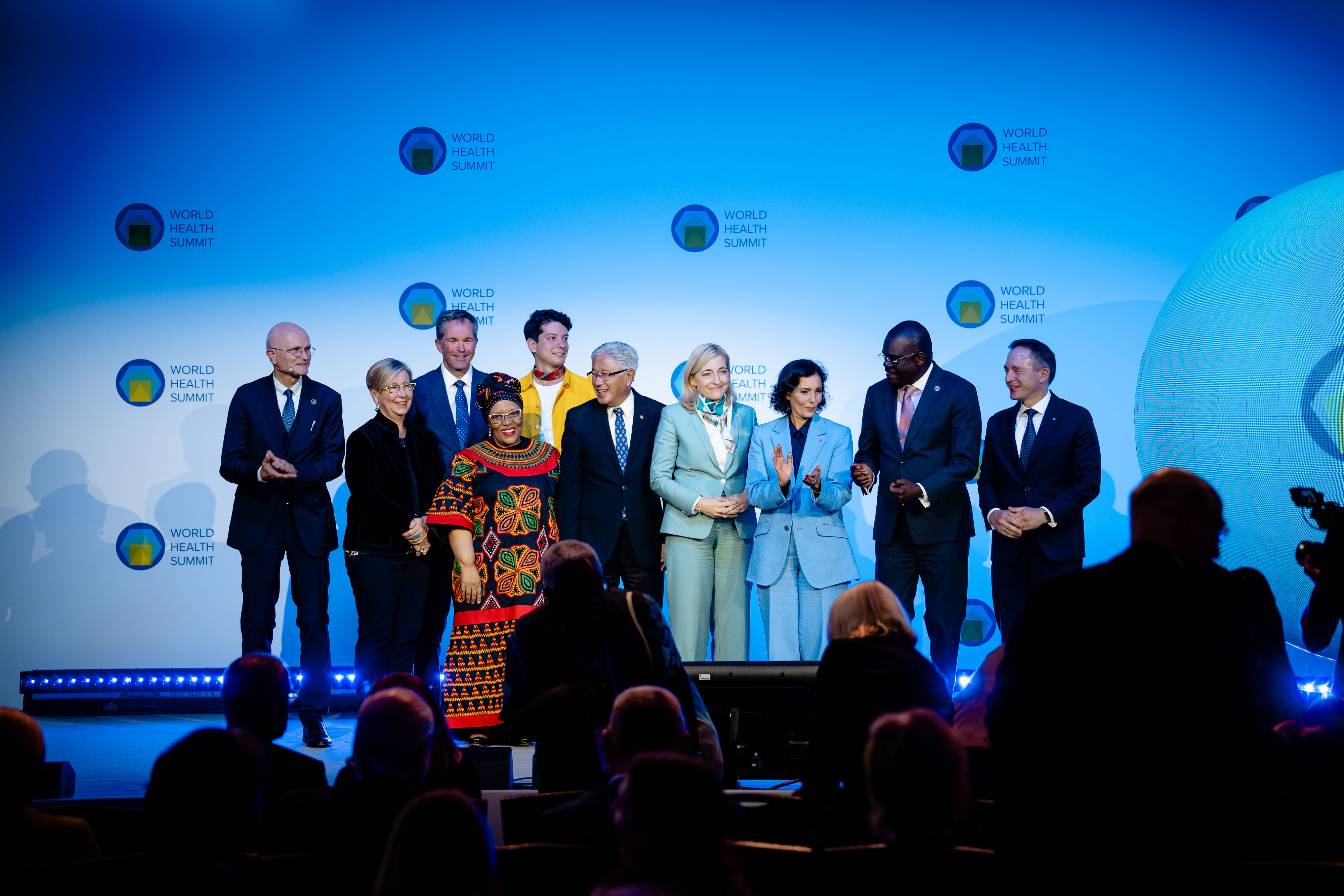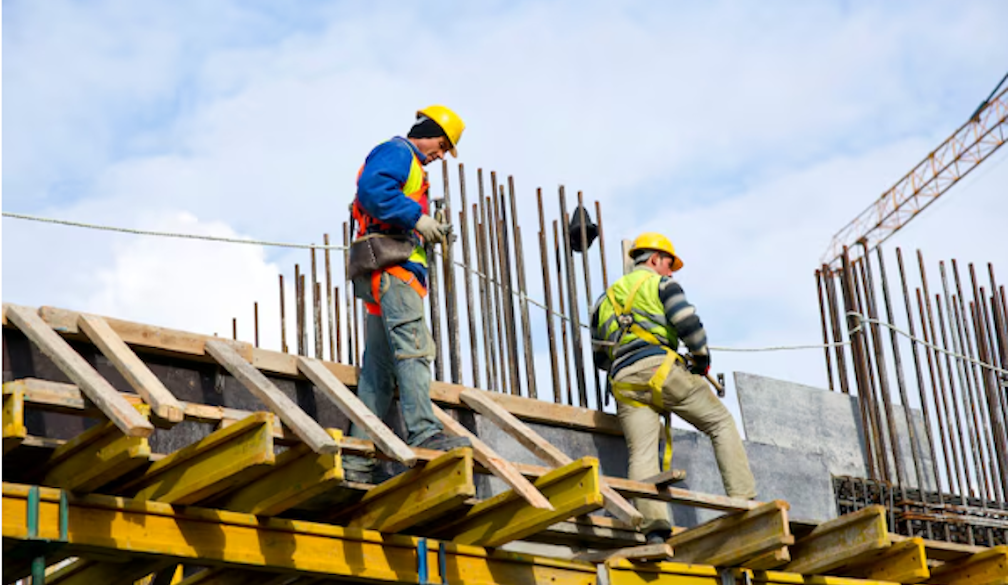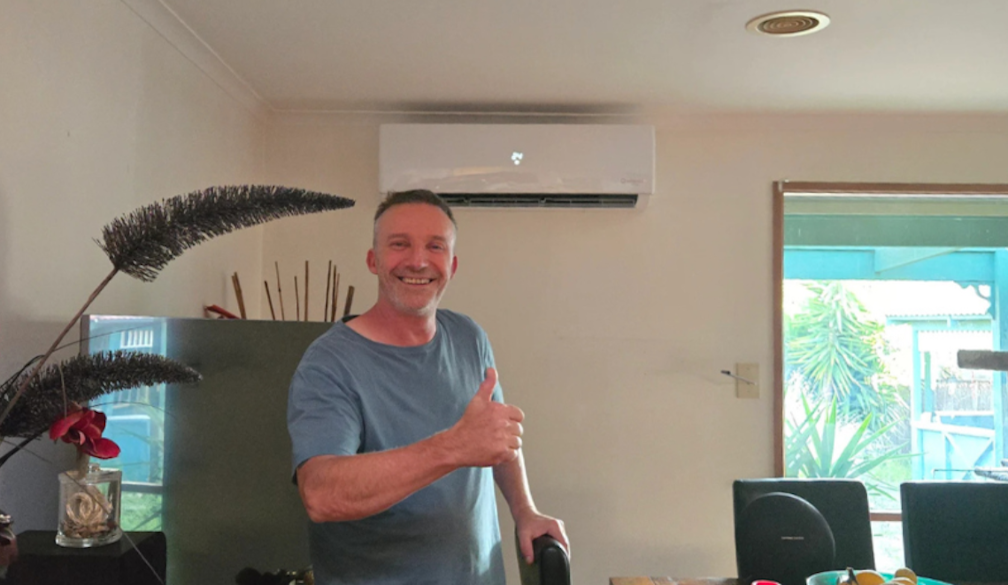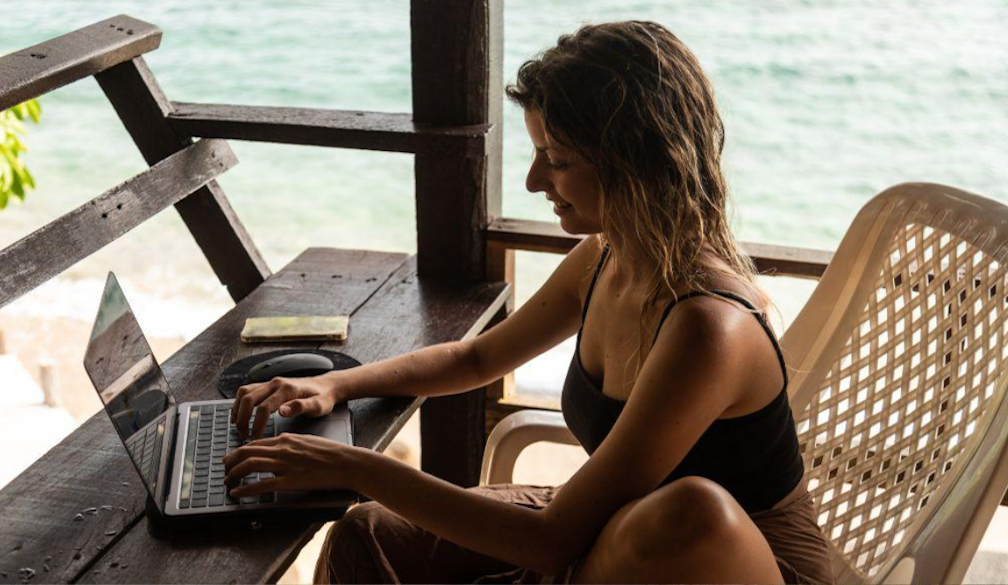Against the backdrop of geopolitical crises, global leaders called for shared responsibility in shaping a healthier, more resilient world on the World Health Summit stage.

Nina Warken, German Federal Health Minister, emphasized: "Germany is and remains a reliable and committed partner of the World Health Summit and also of WHO. In view of the current challenges, it is more important than ever to engage in constructive dialogue and work together to strengthen global health. The World Health Summit offers a good opportunity to deepen cooperation with international partners. Beyond that, we are also committed to consolidating international cooperation and strengthening institutions such as WHO. Germany will live up to its leadership in global health and international cooperation. Only in this way can we overcome global health challenges."
"Taking political responsibility for health means choosing to cooperate, to invest, and to act before the next crisis," stressed Hadja Lahbib, Commissioner for Preparedness and Crisis Management and Commissioner for Equality. "The European Union has made that choice – by strengthening its preparedness and response capacities, and by driving global solidarity through the new Global Health Resilience Initiative. In a world of fragmentation, the EU stands for cooperation, trust in science, and shared responsibility – because our health, our security, and our future depend on it."
Leaders also underscored that health security, sustainable financing, and global solidarity must remain central to building a stable and equitable future.
"In our divided and turbulent world, investing in public health has never been more essential, both as the foundation of stable and secure societies, and as a bridge to peace between communities and nations," said Dr Tedros Adhanom Ghebreyesus, WHO Director-General. "We call on all countries and partners to focus on what matters most: the people we serve, and to harness the power of science, partnership and innovation to build a healthier, safer and fairer future."
New Gallup Report Revealed at World Health Summit: Peace, Health and Emotional Wellbeing Rise and Fall Together
Peace, health and emotional wellbeing rise and fall together, according to Gallup's inaugural State of the World's Emotional Health report, launched in partnership with the World Health Summit. Drawing on 145,000 interviews across 144 countries and areas in 2024, Gallup finds nearly four in ten adults worldwide reported experiencing a lot of worry or stress the previous day – hundreds of millions more than a decade ago. In 2024, 39% of adults worldwide reported feeling worried the previous day, and 37% said they felt stressed. Reports of sadness (26%), anger (22%) and physical pain (32%) remain widespread. All are higher than they were a decade ago. The report pairs Gallup's World Poll data with the Institute for Economics & Peace's Global Peace Index and Positive Peace Index to show how people's emotional lives intertwine with stability and health.
"Our work with the World Health Summit brings clarity to a simple truth: emotional wellbeing and peace are not separate pursuits. When one fails, the other follows. In less peaceful countries, people are far more likely to report sadness and anger, even after accounting for income differences," states Gallup CEO, Jon Clifton. Positive emotions such as laughter, enjoyment, and respect are less common in less peaceful societies and depend more on GDP. This is not the case for negative emotions, which remain strongly tied to fragile peace — suggesting that while peace reduces distress, it does not deliver a positive emotional dividend above and beyond GDP per capita.
Reflecting on the findings, WHS CEO Carsten Schicker underscored the importance of this partnership: "Gallup's new data confirm what we at the World Health Summit see every day: Peace, health and emotional wellbeing are inseparable. Emotional distress at a societal level is not just an individual burden; it is a warning sign for societal fragility, and a call to collective action. By working together across sectors, we can turn evidence into solutions that strengthen resilience and stability worldwide. That is why the World Health Summit is proud to partner with Gallup: Together, we bring health to the center of the global agenda."
New Global Report Shows: Global Health Security Hangs in the Balance in a Volatile and Uncertain World
A new global report launched today at WHS 2025 outlines preparedness priorities to protect people worldwide from future pandemics and other health crises. The new Global Preparedness Monitoring Board (GPMB) 2025 report calls for scaled up investment in primary health care, real-time risk assessment, and international cooperation to ensure local and global communities are ready to prevent and respond to the next pandemic.
"In our increasingly volatile and uncertain world, real preparedness for pandemics and other health emergencies must be anchored in well-functioning and well financed primary health care systems," said Kolinda Grabar-Kitarović, GPMB Co-Chair and former President of Croatia. "Robust primary health systems reach deep into communities, providing essential health services in peacetime and building the deep trust that is fundamental to an effective health response when crises strike."
The GPMB, established in 2018 following the West Africa Ebola epidemic, monitors the state of the world's preparedness for pandemics and other health crises. It is an initiative supported by the World Health Organization and the World Bank.
Reflecting on the findings of the GPMB report, World Health Summit President Axel R. Pries emphasizes: "To tackle emerging threats like pandemics and the climate crisis, we need resilient, inclusive systems, innovative financing, and genuine partnerships that empower local leadership. This requires a new approach to care – strengthening primary health care, engaging communities more closely, and ensuring a protected health workforce; and stronger cooperation – built on solidarity, equity, and the fair sharing of data, samples, and benefits. The World Health Summit helps drive this change by fostering collaboration and keeping health high on the international agenda."
Links:
Watch the Recording: WHS Signature Event: Taking Responsibility for Health in a Fragmenting World
State of the World's Emotional Health 2025
Global Preparedness Monitoring Board (GPMB) 2025 report: The New Face of Pandemic Preparedness
Hashtag: #WorldHealthSummit
The issuer is solely responsible for the content of this announcement.
About the World Health Summit
The World Health Summit is the leading platform for global health. It brings together stakeholders from politics, science, the private sector, and civil society to set the agenda for a healthier future. Founded in 2009, the WHS is held every October in Berlin and is organized by the WHS Foundation GmbH, a 100% subsidiary of Charité – Universitätsmedizin Berlin.



















